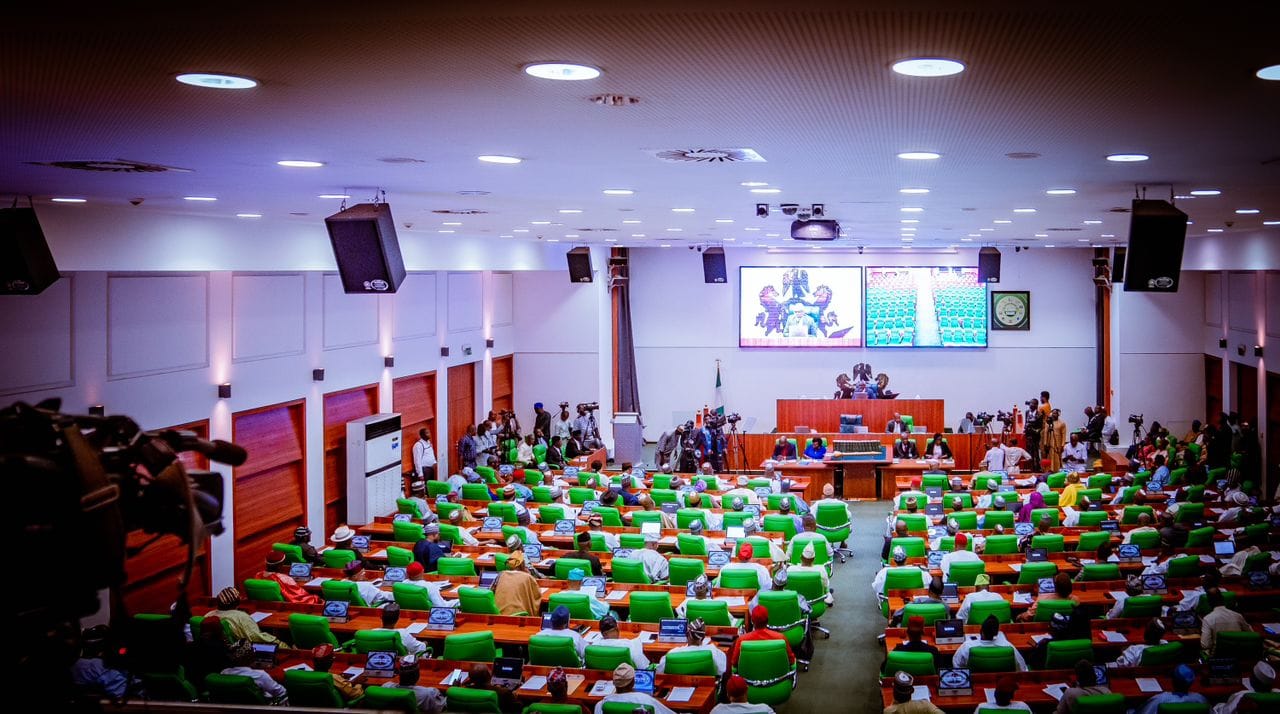The House of Representatives has ordered the Federal Ministry of Education and the West African Examinations Council (WAEC) to immediately suspend plans to introduce Computer-Based Testing (CBT) for the 2026 West African Senior School Certificate Examination (WASSCE).
The move followed a motion of urgent public importance raised by lawmaker Kelechi Wogu during Thursday’s plenary. His motion, titled “Need for Intervention to Avert Massive Failure in the Proposed 2026 WAEC Computer-Based Examination,” warned that rushing into CBT could lead to widespread failure, frustration, and emotional stress for students.
Wogu argued that the Ministry of Education appears determined to push ahead despite strong objections from the National Union of Teachers and heads of schools, particularly those in rural communities where more than 70% of WAEC candidates come from.
He pointed out that many schools outside major cities do not have functional computer labs, internet access, stable electricity, or trained ICT teachers—basic requirements for a successful CBT exam. He also referenced the technical glitches that affected the release of the 2025 WAEC results as a sign that the system is not yet ready for such a major shift.
“The computer-based system requires well-equipped halls with working computers, stable internet, and constant power supply. Many schools are simply not prepared for that level of transition,” he said.
To tackle these gaps, the House directed the Ministry of Education and state governments to include in their 2026–2029 budgets provisions for hiring ICT teachers, building computer halls, installing internet networks, and providing backup power solutions.
Lawmakers also resolved that WAEC must not introduce the CBT system before the 2030 academic year, giving schools time to prepare adequately.
The motion received unanimous support. The House also instructed its Committees on Basic Education, Digital and Information Technology, Examination Bodies, and Labour to meet with all stakeholders and submit a report within four weeks.
Although CBT was initially introduced to reduce examination malpractice and modernise Nigeria’s education system, many challenges persist—such as poor infrastructure, erratic electricity, and limited access to functional computers, especially in public schools outside major cities.
Read Also;
FCSC appeals for patience amid 2025 promotion CBT challenges
WAEC first announced plans to begin CBT for WASSCE in 2026, sparking widespread debate. Teachers, parents, and education unions argued that most schools lack the proper facilities and trained staff needed for the transition.
Supporters of the plan maintain that digital exams will improve transparency, speed up results, and help Nigeria stay competitive globally.
In preparation for the proposed rollout, WAEC outlined strict requirements for schools earlier this year, including 250 functional laptops with backups, a strong computer server, LAN setup, air conditioning, stable electricity, a 40kVA generator, CCTV cameras, and a holding room for candidates.
For now, however, the plan has been placed on hold as lawmakers insist the country must upgrade its infrastructure before attempting such a major shift in the education system.




